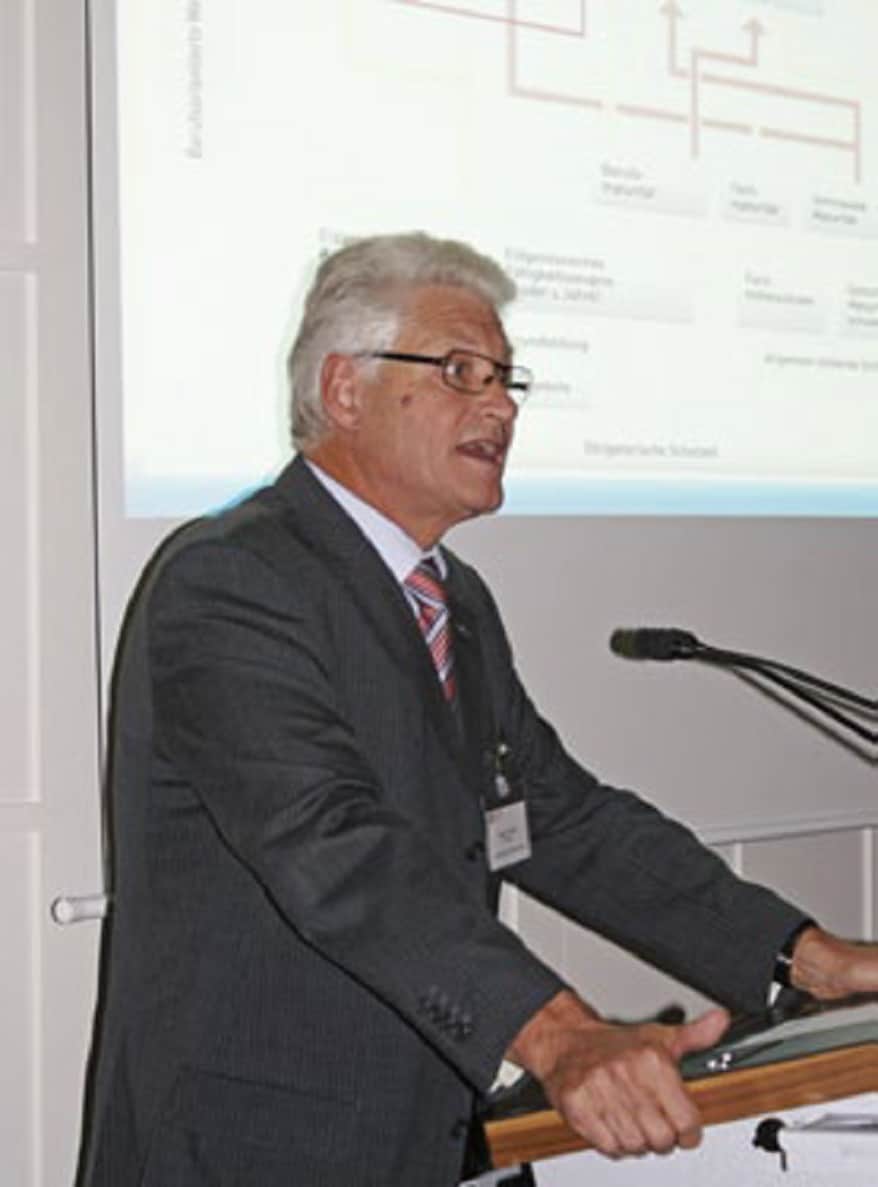Vocational training
The financial hurdles for professional training are high. Only the commitment and motivation of those who have completed further training are even greater. Nevertheless, further training must not be at the expense of employees. The Swiss Federal Council has recognised this and is taking action.

Last year, 50 metal construction workshop and assembly managers and 29 metal construction designers passed the professional examination in the metal construction sector. With the handing over of the Federal Certificates of Proficiency, the Swiss knowledge society now has 79 new, urgently needed managers.
Rising demand
The latest figures from the Federal Statistical Office (FSO) prove it: demand for continuing education in Switzerland is on the rise. 80 percent of the permanent resident population have participated in at least one continuing education activity within the last twelve months. These figures are hardly surprising: vocational training is the best raw material Switzerland has and the most important asset of the Swiss economy. The Swiss Metalworkers' Union SMU also attaches great importance to continuing education. For 40 years now, it has been running the Aarberg training centre, which is one of the most modern in Europe. As a professional association, the SMU is responsible for over 4,500 apprentices in nine basic training courses and five vocational and higher specialist examinations with over 200 candidates each year. SMU Director Gregor Saladin explains the scope of these training courses: "Behind every examination there is a sponsoring body - such as SMU. We regulate the educational regulations and requirements for the examinations. It is only thanks to the militia work of our members in the association that the contents of the examinations can be drawn up and their implementation guaranteed. In addition to our own specialists, around 100 militia functionaries are also involved in this work." The annual costs of a good two million Swiss francs are financed from the members' own contributions. But for the SMU, this commitment is a matter of course: "The clear professional orientation brings the great advantage of practice-oriented training," explains Gregor Saladin.
Financial support varies
SMU has long played a leading role in the political debate for better support for higher vocational education and training. It is campaigning against the extreme inequality between contributions to higher education and to vocational education and training. This is because the federal examinations are a very valuable instrument for further professional qualification and against the persistent specialist
The best raw material in Switzerland
shortage of workers. But they must not become a financial burden for employees. At present, support from the federal government and the cantons is low in some cases. In autumn, the Association of Swiss Electrical Installation Companies (VSEI) held a parliamentary event on the "Importance of Higher Vocational Education and Training". Gregor Saladin was invited as a speaker and drew attention to the problems with the federal examinations: "On the basis of the Intercantonal Agreement on Technical Schools (FSV), the cantons are free to decide whether or not to continue subsidising them as they have done up to now. They can also choose which courses of study receive subsidies. Some cantons are generous and others are now cutting back." This means that depending on where exam candidates live, they will either be favoured or disadvantaged. This is because education candidates do not have a free choice of school like students at universities of applied sciences and universities, for example.
Federal Council reacts
This is why, despite the great commitment of the sectoral associations and the essential importance of VET for the economy, the preparation costs for the Advanced Federal PET Diploma examinations are still very high for participants. The Federal Council has now reacted and drawn up a draft for the financing of vocational education and training in the years 2013 to 2016. It is envisaged that the Confederation will increase its contribution to the costs of the federal examinations from 25 to 60 per cent. SMU Director Gregor Saladin is satisfied with the milestone victory achieved in terms of financial relief for continuing education and training: "This is a major partial success in the discussion surrounding the
High preparation costs
Financing vocational education and training. SMU and I personally have been committed to finding constructive solutions in this area for years. We see that persistent efforts do pay off - sometimes it takes a little longer."
SMU will therefore continue to work to ensure that the dual vocational education and training system remains in place and that the financing of vocational education and training becomes quick and unbureaucratic.









